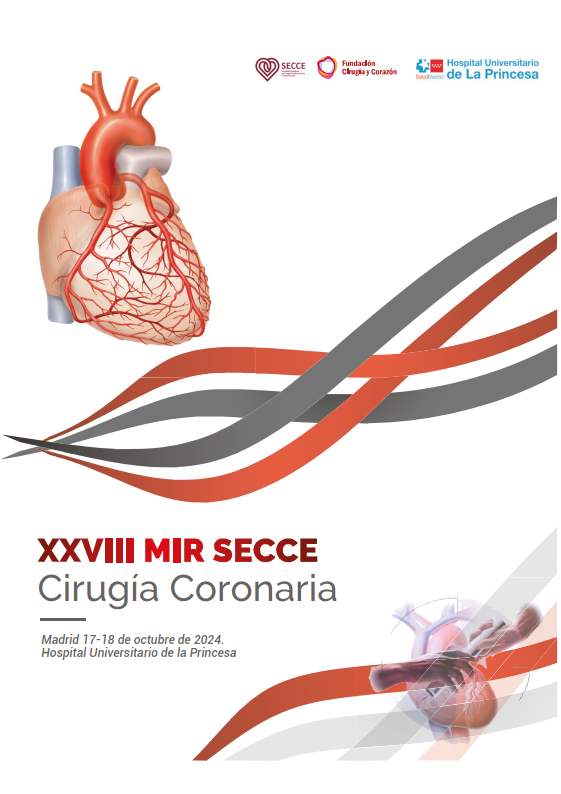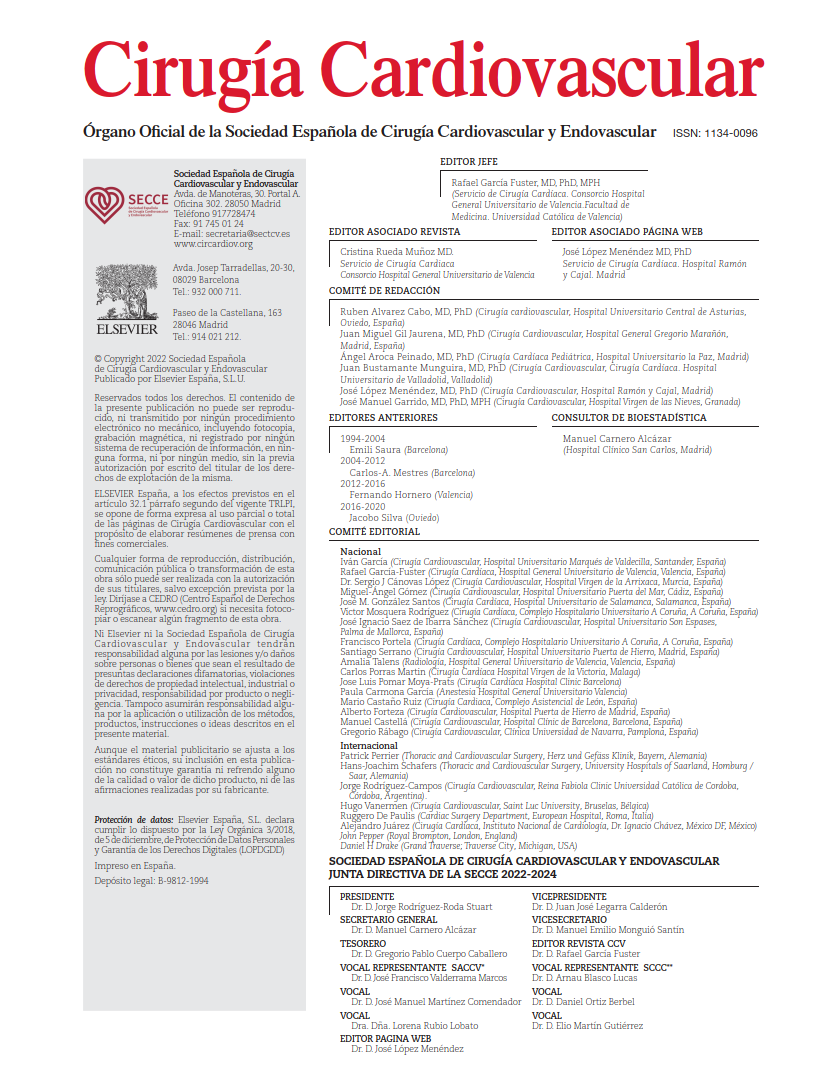It is estimated that approximately 23 million people worldwide suffer from heart failure (HF), with around 15 million affected in Europe alone. Up to 10% of these patients may be eligible for advanced therapies. Durable mechanical circulatory support (MCS) has become a cornerstone in the management of advanced decompensated heart failure. In some countries, such as Germany, it is widely used due to the limited number of heart transplants performed annually. Over the past decade, long waiting lists for transplantation have led other countries to adopt the strategy of supporting a substantial proportion of heart transplant candidates with long-term MCS.
When implementing such costly therapies, it is crucial to assess our own outcomes and benchmark them against others. Transnational databases such as the European Registry for Patients with Mechanical Circulatory Support (EUROMACS), endorsed by the European Association for Cardio-Thoracic Surgery (EACTS), have provided longitudinal clinical data since 2011, enabling comparisons and quality monitoring.
The study under discussion aimed to analyze patient characteristics and long-term outcomes following durable MCS implantation. By standardizing outcomes, it sought to compare performance across participating centers. All patients implanted with durable MCS devices and registered in EUROMACS through August 2024 were included. Pediatric patients and centers with follow-up completeness below 60% were excluded. To standardize outcomes, observed-to-expected event ratios were calculated for 30-day and 1-year timepoints. The primary endpoint was mortality, while secondary endpoints included stroke and major bleeding. Event predictions were derived using penalized logistic regression incorporating demographic and comorbidity variables. A standardized ratio of 1 indicates performance as expected; a ratio <1 reflects better-than-expected results, while >1 denotes worse-than-expected outcomes. Centers with <90% follow-up completeness were excluded from this analysis.
A total of 6962 implants in 6408 patients were included, with 457 patients requiring more than one device. Thirty-two centers across 17 countries participated. Median patient age was 58 years, with a predominance of male patients and 17% categorized as INTERMACS 1. At 30 days, mortality, major bleeding and stroke rates were 9.6%, 12.6%, and 2.1%, respectively. Standardized outcome ratios varied across centers, ranging from 0 to 1.4. A significant positive association was found between major bleeding and ischaemic stroke (p = .008).
With this report, the authors concluded that most centers performed in line with expectations. A correlation was observed between bleeding and stroke standardized outcome ratios, supporting the implementation of continuous adverse event monitoring via quality improvement programs.
COMMENTARY:
The latest mechanical circulatory support guidelines published in 2023 by the International Society for Heart and Lung Transplantation (ISHLT) recommend, with level C evidence, the implementation of dedicated quality assurance and improvement programs in all centers implanting durable MCS devices. These programs not only promote self-awareness and better outcomes within each center but also enable intercenter comparisons and benchmarking.
However, some limitations of this type of study must be acknowledged. EUROMACS is a voluntary registry, and therefore it does not provide a comprehensive overview of MCS activity across Europe. Inferences can only be drawn from participating centers, as a substantial proportion of units either do not contribute data or have incomplete follow-up. Interestingly, centers with more complete data often showed worse outcomes. Moreover, the learning curve related to various devices—some of which are no longer in use—was not considered. Centers with experience implanting multiple iterations of the HeartMate or even HeartWare systems are unlikely to perform similarly to those that have only used the HeartMate 3. Economic implications of long-term MCS strategies were also not analyzed. Budget constraints and reimbursement policies differ across EU countries and influence access to such therapies.
Despite these limitations, the ability to assess and compare data remains valuable. However, these metrics should not be interpreted in isolation. Standardized ratios are complex statistical constructs, and their true utility lies in fostering a spirit of continuous improvement based on internal data monitoring and review.
REFERENCE:
Veen KM, Ahmed M, Stark C, Botta L, Anastasiadis K, Bernhardt A, et al. The fourth report of the European Registry for Patients with Mechanical Circulatory Support (EUROMACS) of the European Association for Cardiothoracic Surgery: focus on standardized outcome ratios. Eur J Cardiothorac Surg. 2025 Feb 4;67(2):ezaf016. doi: 10.1093/ejcts/ezaf016.



